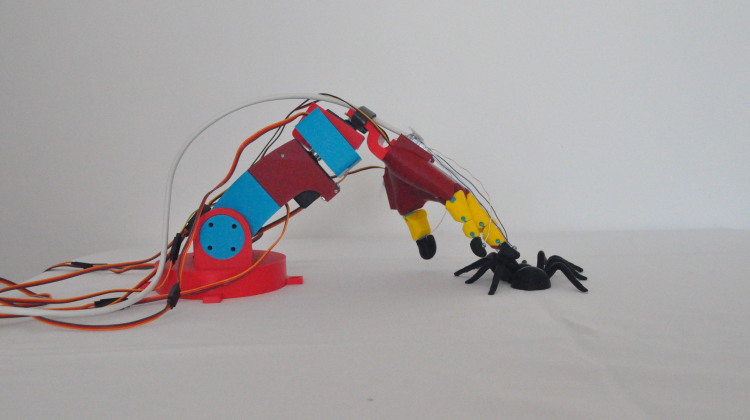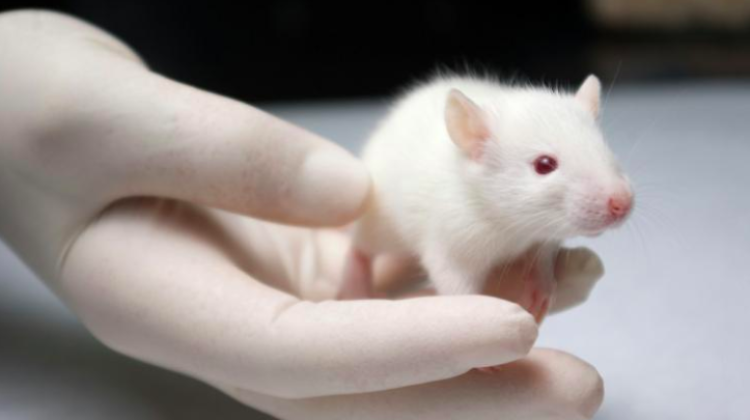Experts: New groundbreaking cancer treatment - soon in Poland
 Photo: Fotolia
Photo: Fotolia
New, groundbreaking cancer therapy called CAR-T will soon be used for the first time in Poland. It is expected to help in the treatment of one of the varieties of resistant lymphoma, Prof. Lidia Gil from the Poznan University of Medical Sciences told PAP.
"We have already obtained accreditation, whose conditions are difficult to meet, we have also secured funding for its use. We are now making final preparations for the introduction of this groundbreaking cancer treatment method" - the expert said. She explained that the method in question was the CAR T-cell immunotherapy used to treat diffuse large B cell lymphoma. For some patients, this is last-resort therapy when their disease has recurred after using different treatment methods.
The new immunotherapy will be used in the first two patients with this type of lymphoma in the coming weeks at the Hematology and Bone Marrow Transplantation Clinic of the Medical University of Lodz, headed by Prof. Lidia Gil. The expert emphasizes that this is the most advanced and personalized technology used in the treatment of haemato-oncological diseases. It is prepared individually for each patient, designed to reactivate the patient`s immune system to fight cancer cells.
The expert explains that first, T-cells, immune cells produced in the bone marrow and maturing in the thymus, are collected from the patient. In cancer patients, these lymphocytes stop distinguishing between healthy and mutant cells and do not attack them, which enables cancer to develop. The purpose of CAR-T therapy is to return this capability to them. For this purpose, after collection they are frozen and sent to the laboratory, where they undergo genetic modification.
"In this method, the gene encoding the receptor, which recognizes the tumour-specific antigen that this cell should fight, is implanted into the T-cell DNA using a virus" - explains Prof. Gil. It is the CAR receptor, hence the name of the therapy - CAR-T (the letter T refers to T-cell).
T-cell modification will be carried out in one of the laboratories at Stanford University. There is no such centre in Europe yet; a laboratory in Amsterdam is preparing for the procedure (it will probably start operating in 2020). Reprogrammed lymphocytes are administered to the patient as a single intravenous infusion lasting about 30 minutes. This is the second, most difficult stage of this treatment, which is why centres that have extensive experience in bone marrow transplantation are selected for its administration, because in both cases the procedure is similar.
"The main issue are side effects that usually occur within the first 10 days, when the patient is in the hospital under strict control" - explains Prof. Gil. The most dangerous of them is cytokine burst caused by the breakdown of cancer cells that can lead to organ failure, and neurological disorders, mainly encephalopathy (brain damage).
"We can deal with this because it is similar to the situation after bone marrow transplant" - she assures. After this most difficult period, outpatient observation of the patient for about a month and a half is usually sufficient. If everything goes well, the patient does not require any other treatment, only supportive therapy may be needed.
Prof. Iwona Hus from the Hematology Clinic of the Institute of Hematology and Transfusion Medicine in Warsaw notes that CAR-T is a is one-off treatment, unlike, for example, chemotherapy or other therapies involving the administration of anticancer drugs. She admits that this treatment is expensive. Centres in Western Europe pay from 300 to 350 thousand euros for T-cell modification alone, and there are also the costs of specialist patient care. However, other modern therapies require ongoing medication for up to several years, which is sometimes more expensive.
"We do not yet know whether CAR-T offers a permanent cure, because the observation period is too short" - emphasizes the expert. This method was first used in 2012 in Philadelphia, USA, in the treatment of refractory acute lymphoblastic leukaemia. Since then, its popularity has grown, although still only in individual patients. Current research shows that the vast majority of patients respond to treatment.
The first Polish patients have already received CAR-T therapy, but it was administered abroad. There are now efforts to use it in our country as well, in several centres including Gdańsk and Wrocław. "Talks with the Ministry of Health are being conducted on this matter" - said Prof. Gil. They concern two methods of this technology registered in the USA and the European Union. One is used in children and young adults with acute lymphoblastic leukaemia, the other in adults with refractory diffuse large B-cell lymphoma.
"CAR-T is certainly a groundbreaking therapy, it gives chances to the patients for whom before there was no effective treatment option" - emphasises Prof. Hus.
PAP - Science in Poland, Zbigniew Wojtasiński
zbw/ zan/ kap/
tr. RL
Przed dodaniem komentarza prosimy o zapoznanie z Regulaminem forum serwisu Nauka w Polsce.


















